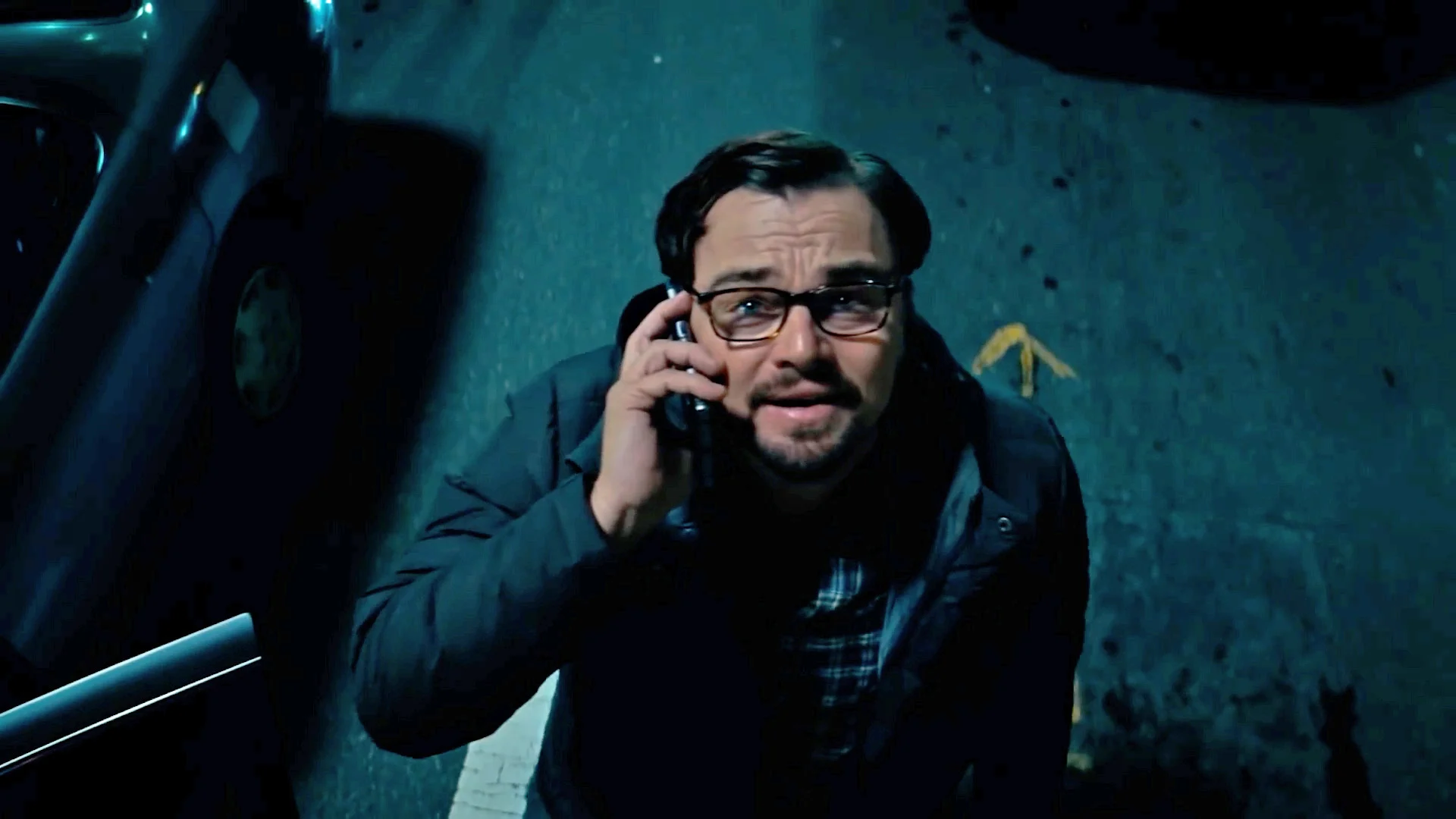
There’s a "comet" heading our way. Do you care?
It’s the most prevailing narrative on the planet, yet we struggle to really comprehend how to talk about climate change. Does Adam McKay’s new movie help us out?
A searing satire, Don’t Look Up is about the imminent crash-landing of a meteor larger than that which destroyed the dinosaurs, and the political and cultural apathy that meets the crisis. Of course, the movie is not really about a meteor. As McKay has explained, the space rock stands in for the climate crisis, and the blatant disinterest shown for the terrifying news that Leonardo DiCaprio and Jennifer Lawrence’s characters are trying to deliver matches the experience of climate scientists the world over.
No climate movie has garnered as much attention as Don’t Look Up, a film that has divided critics while becoming one of the most watched offerings in Netflix history.
It’s an essential story to tell, mostly because it’s rare to watch a film not so much about climate change as the response to it, and why communicating climate change is so hard.
Bill McKibben, an author and environmentalist who helped launch the global grassroots climate campaign 350.org, knows this well. “It remains the fact that the biggest story of our time, maybe of any time, is somehow seriously under-covered,” he told The Weather Network (TWN).

Bill McKibben, author and environmentalist, speaks to the tens of thousands that gathered on the Washington Mall and marched to the White House. (Ken Cedeno/ Corbis News/ Getty Images)
“It doesn't show up in the forefront of our minds, the way that COVID does, or the way the economy does, or the way 100 smaller stories do,” McKibben added. “And I think it's worth trying to figure out the reasons for that.”
McKibben has been on the front lines of this fight for decades. He sees Don’t Look Up as a welcome attempt to get us talking — and caring — about the climate issue again.
“This is one of the deepest questions facing the planet. We all know that we're facing this climate crisis unless we're in severe denial,” McKibben said. “But we also all know that we're not really doing very much about it. And the film attempts to figure out why.”
“What are the things in political psychology, human psychology, our financial system that are keeping us from reacting to the greatest threat our species has ever faced?”
McKibben credits McKay with asking these tough questions in Don’t Look Up. He also noted, optimistically, that there is an audience out there ready to engage with such questions, as the film’s success has proven.
“The metaphor of the comet allows us to really start to ask, ‘Given 30 years of clear unimpeachable scientific warning, why have we not risen to the occasion on climate change?”
“And climate change is a comet. It is coming at us. We located it 30 years out. The climatologists acting as astronomers pointed up to the sky and said, ‘Here's what's coming. And here's what you can do about it.’ And then we didn't do it. So the movie is very apt,” McKibben added.

Scene from Don't Look Up depicting comet. (Don't Look Up/ 2021)
McKibben went on to consider the central question posed by the movie: why covering climate change is so hard.
“I think that for journalists there's a deeper structural problem here. Climate change is moving extremely fast in a geological time. In the course of a few decades, we're melting the Arctic. But the course of a few decades isn't quite the unit of time that journalism really deals in, it tends to deal in what happened in the last eight hours.”
“When I was growing up as a newspaper reporter, it was what happened in the last 24 hours, in time for the Morning Edition. Now, in Twitter time, it's what happened in the last 45 seconds,” McKibben added.
“And in either of those timescales, it's very rare that the most important thing or most novel thing that's happened in the last instant is climate change, even though in every 24 hour period of our lives, the most significant thing that's happening is that we're warming the planet, melting the poles, altering the great air and ocean currents, on and on and on.”
McKibben offers another insight that speaks to the importance of Don’t Look Up to the climate change fight.
“I think that, as it turns out, the things that really matter are the things that we repeat over and over again. That's why no TV advertiser ever bought just one ad; they buy poll slates that go on for weeks until it's drilled into your head.”
“But it's also why we're all used to being able to talk about another big abstract subject: the economy. We don't really, any of us, have a great sense of how it works. But we all confidently talk about ‘the economy is overheating’, ‘the economy is on the slide, on the mend.’ Because every hour, every day, we're repeating certain things.”
“Every time you turn on the news, what does it tell you? One of the five things it tells you is what the stock market did that day, did it go up, go down, it's always on our mind,” McKibben pointed out.
“So, to me, there's a sort of basic set of facts about climate change that need to be repeated over and over and over again, hammered home. The planet is heating dangerously, we have cheap technology that would allow us to slow that heating, solar power and wind power mostly.”
“If we really hear them and internalize them often enough, then we might begin to make some shift. Which is why it's a very good thing that people like Adam McKay are producing movies like Don’t Look Up.”
Thumbnail credit: Don't Look Up/ 2021
